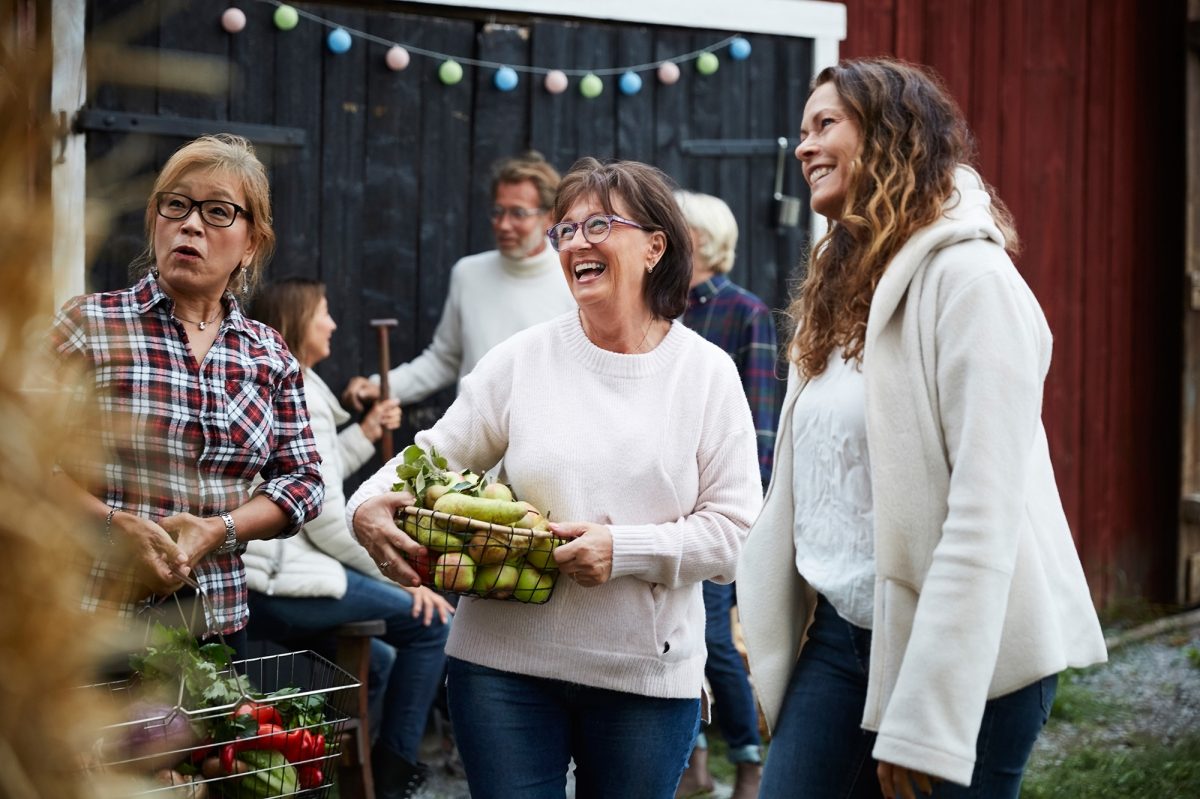
© Getty Images
The secret behind Scandinavia's happiness
Home to some of the world’s happiest populations, what’s behind Scandinavia’s eternal contentment? Malmö-based journalist Derek Robertson explains…
Ask someone what they most associate with Scandinavia, and the chances are they’ll say ‘happiness’. Sure, there’s breathtaking natural beauty, a generous welfare system, acclaimed education initiatives and a world-class food scene, but the fact that countries such as Iceland, Sweden, Denmark, Norway and Finland regularly top polls and surveys measuring life quality has really gathered worldwide attention.
Case in point, according to the UN’s 2019 World Happiness Report, six of the ten happiest cities are found here; Helsinki in Finland has come top, with Aarhus in Denmark second, for the last three years in a row. And while there are many reasons behind Scandinavians’ apparent contentment, one plays a bigger role than most: community.
Even today, you can leave your car or house unlocked, or a bike sitting outside a shop
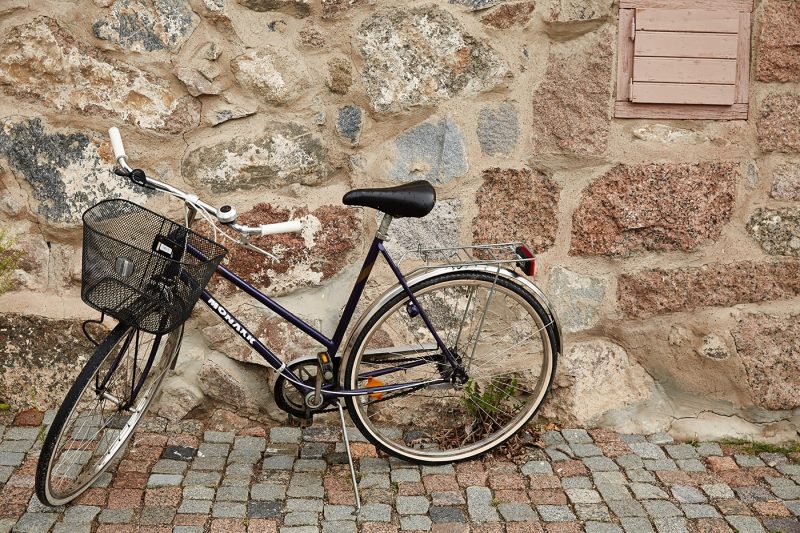
You can still leave a bike unlocked in some parts of Scandinavia © Princess
From a local, neighbourhood level all the way up to national policy, fostering a close-knit sense of community and togetherness is key to Scandinavians’ deep-felt contentment. Shared responsibility, and the concept of ‘all for one, one for all’ gives people a sense of safety and belonging and leads to greater emotional investment in their communities and neighbourhoods. Even today, in some parts of major Scandinavian cities, you can still leave your car or house unlocked, or a bike sitting outside a shop, without fear of theft or trespassing.
Spend any amount of time here and you’ll notice that such trust plays a vital role in community bonds. So too do various, country-specific concepts and rituals, each designed to spread contentment and bring people together. The Danes famously have hygge, which loosely translates as a feeling of cosiness and warmth inside, while the Finns have their saunas, a sacred bonding tradition that dates back thousands of years. Icelanders are also big on bathing together, gathering daily to soak in outdoor, geothermal pools.
The Swedes, meanwhile, have fika. Seemingly just a coffee break, in reality it’s more a culturally mandated social hour for meaningful interactions. In other words, it’s quality time and is something that is often indulged in several times a day. It’s such an important part of Swedish culture that entire companies pause for it. Head to one of the country’s many parks or beaches during a sunny weekend and you’ll see whole families and neighbourhood groups indulging in fika, usually with homemade cakes and buns.
A legal ‘Right to Roam’ has been enshrined in law across the Nordics
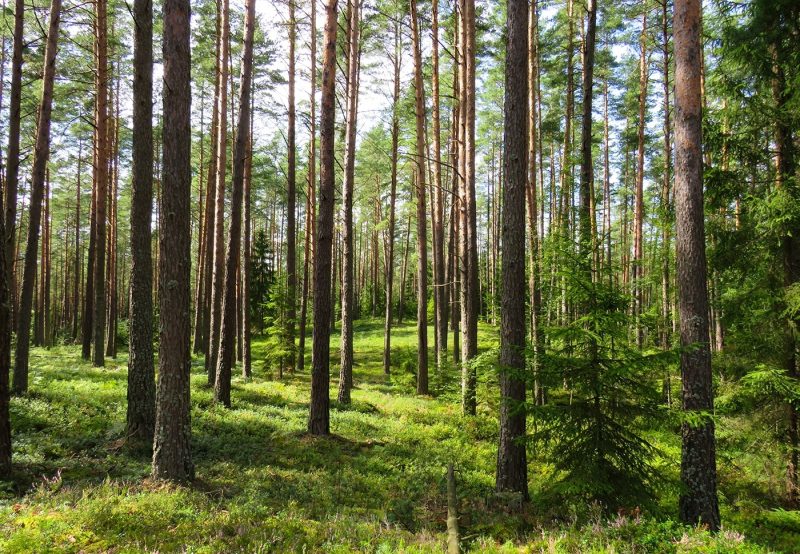
Scandinavians have a deep and nourishing connection with nature © Anastasiya Romanova/Unsplash
At a national level, respect for public administration is high – people genuinely believe that those who exercise power do so fairly and with society’s best interests at heart – and this is repaid with trust, good faith, and a certain level of autonomy. As a result, Scandinavia’s great outdoors is open and accessible to all; a legal ‘Right to Roam’ has been enshrined in law across the Nordics, giving people the right to hike, bike, sleep, and swim in the many fields, forests, parks, mountains and lakes. Even fishing – if done with a single rod – is allowed without a permit.
The Scandinavians love being out in nature, despite the climate – ‘There’s no such thing as bad weather, only inappropriate clothing’ goes a popular saying here. They revere nature, which is why significant government resources are devoted to keeping it pristine; Scandinavia is one of the most environmentally conscientious regions in the world. Such care extends to a local level as well, with gardens, allotments and local parks a source of pride.
Lagom, the concept of everything in moderation, as well as consensus and equality, might belong to Sweden, but the idea is common across all of Scandinavia – anything detrimental to society is detrimental to every individual. In other words, community comes first, and what a good place to start.
Excited to explore Scandinavia?
Discover more Scandinavia travel inspiration
-
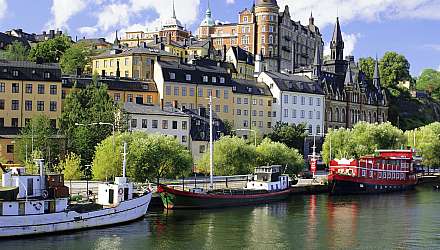
Scandinavia’s must-visit sights in summertime
Summer in Scandinavia is the perfect opportunity to soak up the region's stunning scenery and connect with nature
-
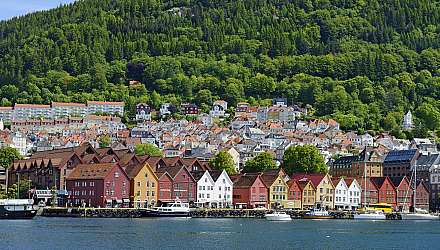
How to spend a day in…Bergen, Norway
This compact city offers history, culture and dramatic nature, all within walking distance of the port
-
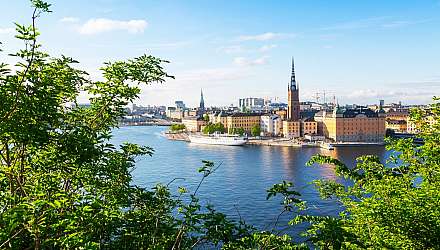
How to see Stockholm, Sweden, from a unique perspective
Use our handy guide to get a fresh view of Sweden’s capital